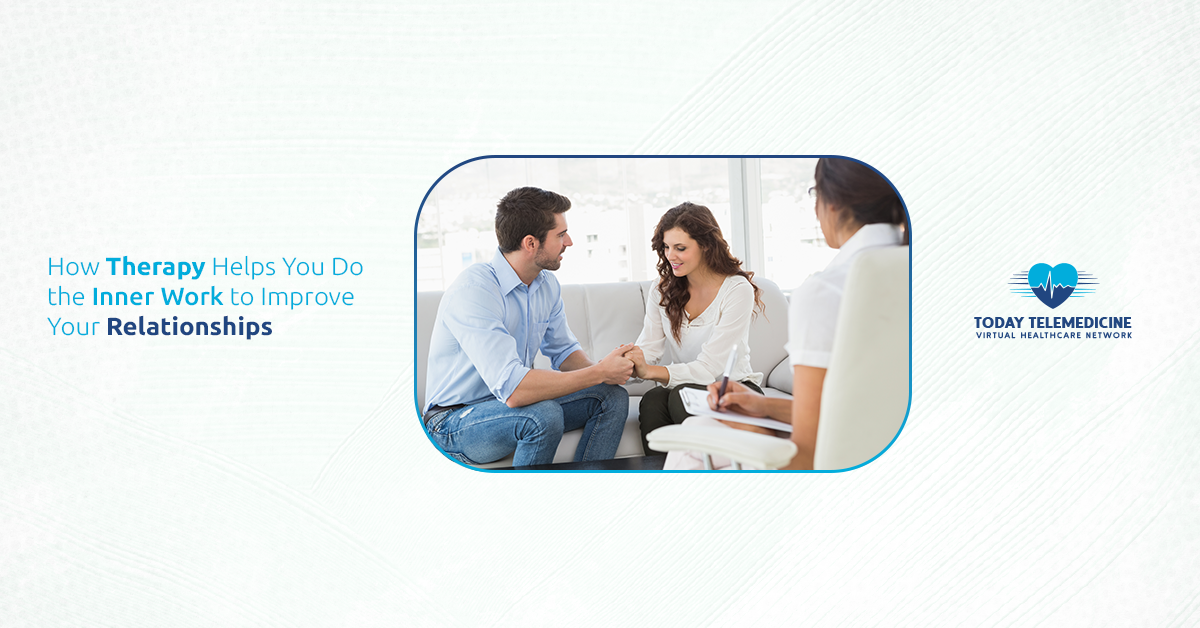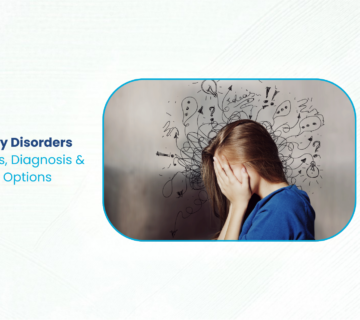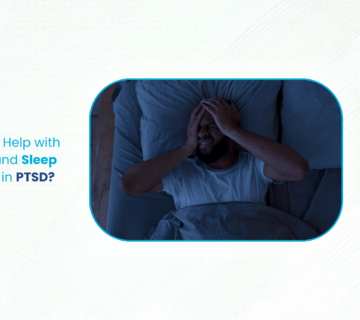Your relationships mirror your inner world.
And you know your patterns by heart: pulling away when things get too close, saying yes when you really mean no, feeling resentful when you give more than you get.
You might not know why you do these things, only that they just keep happening.
That’s where therapy can help. You can find out where those patterns come from and learning how to do things differently.
Knowing Your Relationship Patterns
Your blueprint for relating is established early. How love was defined in your household. What happened when someone became upset in your home.
Whether your needs were addressed or not.
This shows up in every interaction you have:
- The way you handle conflict
- How you ask for what you need
- What you do when you feel threatened
- How close you let people get
None of this was your choice. But now it can be.
How Therapy Helps
-
You get to break automatic responses.
In therapy, you start to see your automatic responses for what they are. Strategies that once protected you but now get in your way.
The part of you that shuts down during difficult conversations might’ve served you once, and it kept you safe when expressing your needs felt dangerous.
But now it’s just keeping the people you love at arm’s length.
When you can see these patterns clearly, you can start to choose differently:
- Instead of shutting down, you learn to stay present
- Instead of people-pleasing, you practice stating your truth
- Instead of assuming the worst, you ask direct questions
- Instead of giving until you’re empty, you learn to receive
-
You can learn to identify and communicate your needs.
Most of us have never been given the language of our own needs. We know we feel off, or disconnected or frustrated, but can never put a name to what’s missing.
Therapy at Today Telemedicine teaches you how to listen to your internal signals:
- What does ‘loneliness’ actually feel like in your body?
- When do you feel most connected to someone?
- What makes you really seen and understood?
Once you understand your own language, you can teach it to others.
-
You learn to release unhealthy relationship beliefs.
Some of what you learned about relationships needs to be unlearned. The idea that love requires the sacrifice of self. That conflict means someone doesn’t care. That your needs are too much.
This unlearning happens slowly, in a safe therapeutic relationship:
- You practice being honest about what you need
- You learn that disagreement doesn’t equal abandonment
- You discover that you can be loved for who you are, not what you do
- You find out that taking up space is not selfish
-
You can learn to process past wounds that affect current relationships.
The relationship challenges you face today often stem from much earlier wounds. The times you were misunderstood, dismissed, or left to figure things out alone.
These wounds show up as:
- Fear of being too much or not enough
- Difficulty trusting your own perceptions
- Anxiety about being left or controlled
- Confusion about where you end and others begin
Working with a licensed clinical social worker like Sarah Purdy can help you heal those wounds.
Healing means the past stops dictating your present.
The Way Inner Work Changes All Your Relationships
With the inner work, something changes in all your relationships. Not that you try to change anyone else, but you do show up in a different way.
You stop:
- Trying to control other people’s feelings
- Saying yes when you really want to say no
- Playing the role of other people
- Giving from an empty cup
You start:
- Speaking your truth with kindness
- Trusting your instincts about people and situations
- Setting boundaries without guilt
- Choosing connection over performance
Heal Your Relationship with Yourself First
The most important relationship you have is with yourself. How you speak to yourself. How you handle your own mistakes. If you trust your own knowing.
This relationship sets the tone for everything else:
- When you’re kind to yourself, you’re less defensive with others
- When you trust your intuition, you make better relationship choices
- When you meet your own needs, you don’t expect others to fill every gap
- When you accept yourself, you can accept others as they are
Getting Started with Therapy
You don’t have to wait until you’re in crisis to begin this work. The best time to start is when you notice the patterns and want something different.
Therapy is about becoming aware of your patterns, your needs, your boundaries, and your capacity for connection.
It’s true that the relationship with yourself you build in therapy becomes the foundation for every other relationship in your life.
Today Telemedicine connects you with a licensed therapist who knows that real change happens from the inside out.
Start building the relationship skills that will change how you connect with others and with yourself.
Book your session here.
For more questions, please reach out.
FAQs
Does therapy improve relationships?
Yes. Therapy helps you find patterns and learn healthier ways of connecting, which, by nature improves all your relationships.
Can therapy help you find a relationship?
Therapy certainly helps you get clearer on what you need and want, which makes you more appealing to the right people and better able to recognize them.
How does therapy help trusting relationships?
A therapist should have good relationship-building skills for the following reason: By just having a good therapeutic relationship with the therapist, you learn what a good bond sounds and looks like, it becomes a model for all other ties that you will not forge later in life.
Why is it important for a therapist to have good relationship-building skills?
The therapeutic relationship itself teaches you what a healthy connection looks like; it becomes a model for all your other relationships.





